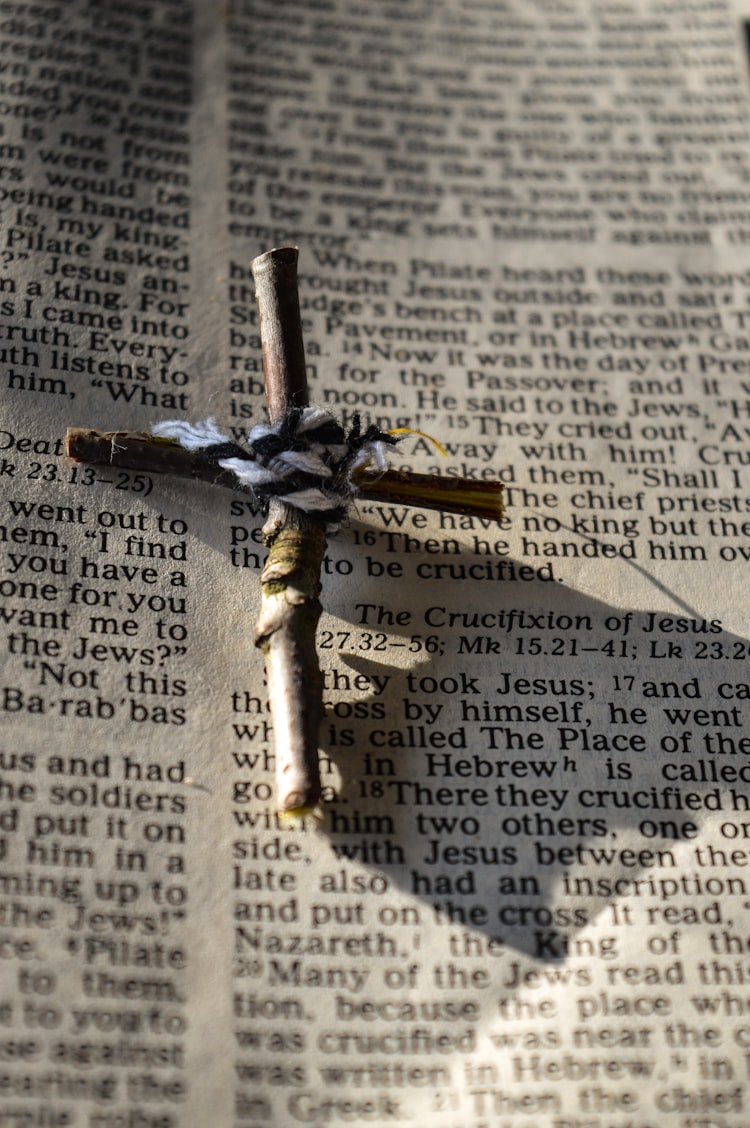Jesus, the United Will of the Trinity, and Gethsemane
On Palm Sunday, I preached - in part - on the united will and purpose of the Trinity. Quoting classic, orthodox statements on the Trinity, I said:
Since the being of the Holy Trinity is one, whatever the Father wills, the Son and the Holy Spirit will also. What the Father does, the Son and the Holy Spirit do also. There is no will and no action of God the Father which is not at the same time the will and action of the Son and the Holy Spirit.
This resonates with how Jesus speaks of Himself in the book of John and is consistent with an orthodox view of the Trinity.
But there was a question that a couple of folks asked me after the sermon that is completely fair. The question is, "What about Jesus in Gethsemane?" In other words, if it's true that the Son's will and the Father's will are always the same, how is it possible for Jesus to pray,
"My Father, if it is possible, may this cup be taken from me" (Matthew 26:39)?
Here we are entering into the weeds of Trinitarian theology. But we are also entering deep into the mystery of the incarnation of the Son of God.
Again, Trinitarian theology states that "Every attribute of divinity which belongs to God the Father belongs equally as well to the Son and the Holy Spirit." Take note: attribute of divinity. That means that what is true of the Father's divinity is true of the Son and of the Holy Spirit.
However, Jesus is unique in that He is not only fully divine, but is also fully human. He has not only the divine nature, but a human one as well. Jesus shared in our humanity (Hebrews 2:14) so that He may be the perfect mediator between God and humanity (1 Timothy 2:5).
Because of this, we clearly see in the Garden of Gethsemane that Jesus is not an automaton of the divine will. He has a uniquely human will as well. Jesus, in His humanity, needed things that His divine nature did not. He needed to eat, take naps, go the bathroom. (It was once noted in a group of pastors that one of the most theologically accurate things you can say is "Jesus pooped.").
If we can accept all of that, then we must also accept that Jesus' humanity would naturally have no interest in suffering and dying. Suffering and death, in fact, are against God's intended design of the universe, and so it is wholly expected that Jesus would want to avoid them.
However, Jesus shows us the best possible way to be human. Jesus' prayer in Gethsemane doesn't just say, "Don't make me die." Jesus continues on and says, "Yet not as I will, but as you will" (Matthew 26:39). He says it again in verse 42 and 44. Yes, Jesus, in His humanity, had a human will. But Jesus shows us precisely what to do with it - submit it to the divine will.
In this we see there is no contradiction. At no point was the Son's and the Father's divine will ever at odds. And, even at the point where Jesus' human will makes a request of the Father, it is still in submission to the divine will. As one of my favorite liturgical prayers states, "God, answer our prayers as may be best for us."


Member discussion